The Bluff City’s fans of speculative fiction have a new reason to rejoice in the recently released Trouble the Waters: Tales From the Deep Blue (Third Man Books) edited by Pan Morigan and Memphians Sheree Renée Thomas and Troy L. Wiggins. The anthology is mesmerizing, a collection sparkling with a myriad of voices, some plumbing the depths of the mystic while others cast their gaze on the far-off future.
Thomas and Wiggins are no strangers to sci-fi and speculative fiction. Both writers contributed to last year’s Black Panther: Tales of Wakanda prose anthology, and Thomas is the editor of The Magazine of Fantasy & Science-Fiction. In this newest work, water is the unifying motif. Like water itself — freezing, fogging, fluidly expanding to fill any space — the stories within take many shapes.
“The Water Creatures in my own story,” writes Thomas in the collection’s introduction, “remind us that while the earth is round, her waters are vast and deep. We may never know all the strange, wondrous life-forms teeming below.”
In Thomas’ “Love Hangover,” the protagonist, Frankie, fawns over a siren-like singer. “Like Delilah Divine’s voice, the music was sweet water finding its own way home,” Thomas writes. “The challenge was finding a way to listen and not get drenched. With Delilah you drowned.” In the short story, as in much of Thomas’ work, music is tied to the life force; drum beats are like heartbeats (check out her collection Nine Bar Blues, which is populated by dancers, DJs, and other musical magic). The story culminates with the 1979 fire at the Infinity disco, as the author deftly balances the forces of water and fire.
Memphian Danian Darrell Jerry’s “A City Called Heaven” conjures images of epidemic in Memphis. It begins with Sibyl walking west along Beale Street, trodding familiar ground. Beneath the specter of disease, a desire for life takes root, but the question is how to hold on to that life. Music and religion, two of the city’s driving forces, figure prominently in the story.
In “Seven Generations Algorithm” by Andrea Hairston, though the future may be bleak, with the gulf between the haves and have-nots as apparent as it is today, song and story still offer a saving grace. “Refugees, squatters, and former desperadoes were pitching tents in dead big-box stores, hoping for miracles: jobs, food, electricity, a plan, a vision — maybe just cheap cell service,” Hairston writes. Meanwhile, the author and playwright continues, “Folks who could were locked up tight down in the valley behind a flood wall and megawatt gates. Electric Paradise was on the other side of the Mall — a waste of power and good river valley soil.”
Speaking over the phone, Memphian Jamey Hatley tells me about her story, “Spirits Don’t Cross Over ’Til They Do,” which follows a veteran of the Vietnam War, Rabbit, as he tries to find a place for himself. Rabbit has seen too much death, too little reason for hope. He was in Memphis when Otis Redding died, when Martin Luther King Jr. was assassinated.
“How do survivors return?” Hatley asks. “There used to be rights of passage if you were a warrior. You would go through this process to be reacclimated into the community. Even now we’re having all these talks about how our veterans are not being taken care of, how the waiting lists for mental healthcare are incredibly long. … How do you try to make yourself whole?”
Featuring authors from familiar environs such as Memphis and New Orleans, but as far away as Northern Ireland and Copenhagen, and casting a net into the world of myth and memory, of foresight and prophecy for inspiration, Trouble the Waters is as beautiful and frightening and changing as the sea itself. Poetry, magic, and Afrofuturism inform the stories within, bidding the reader to drift away, borne aloft on a sea of story, to awake on a strange and wondrous shore.
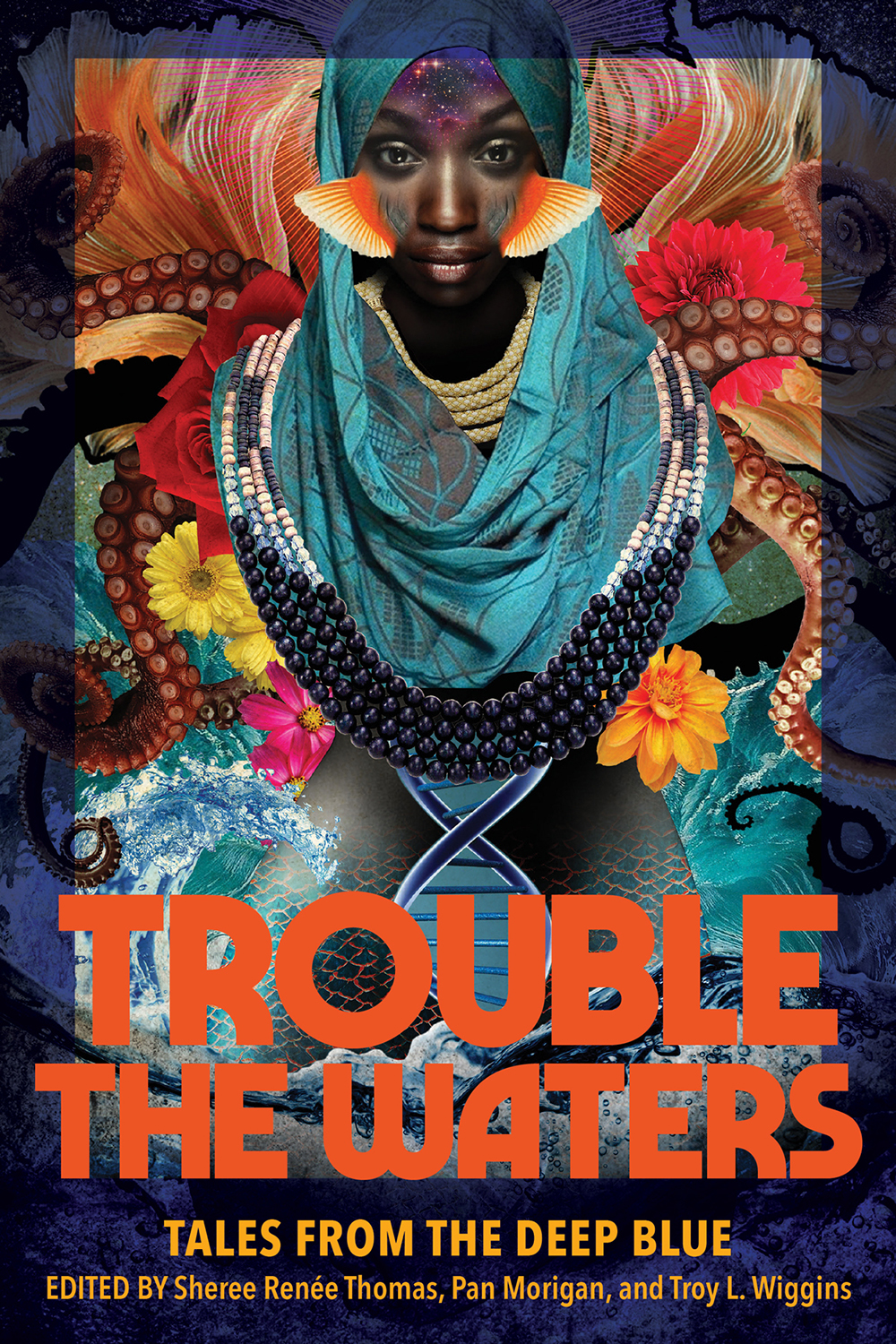
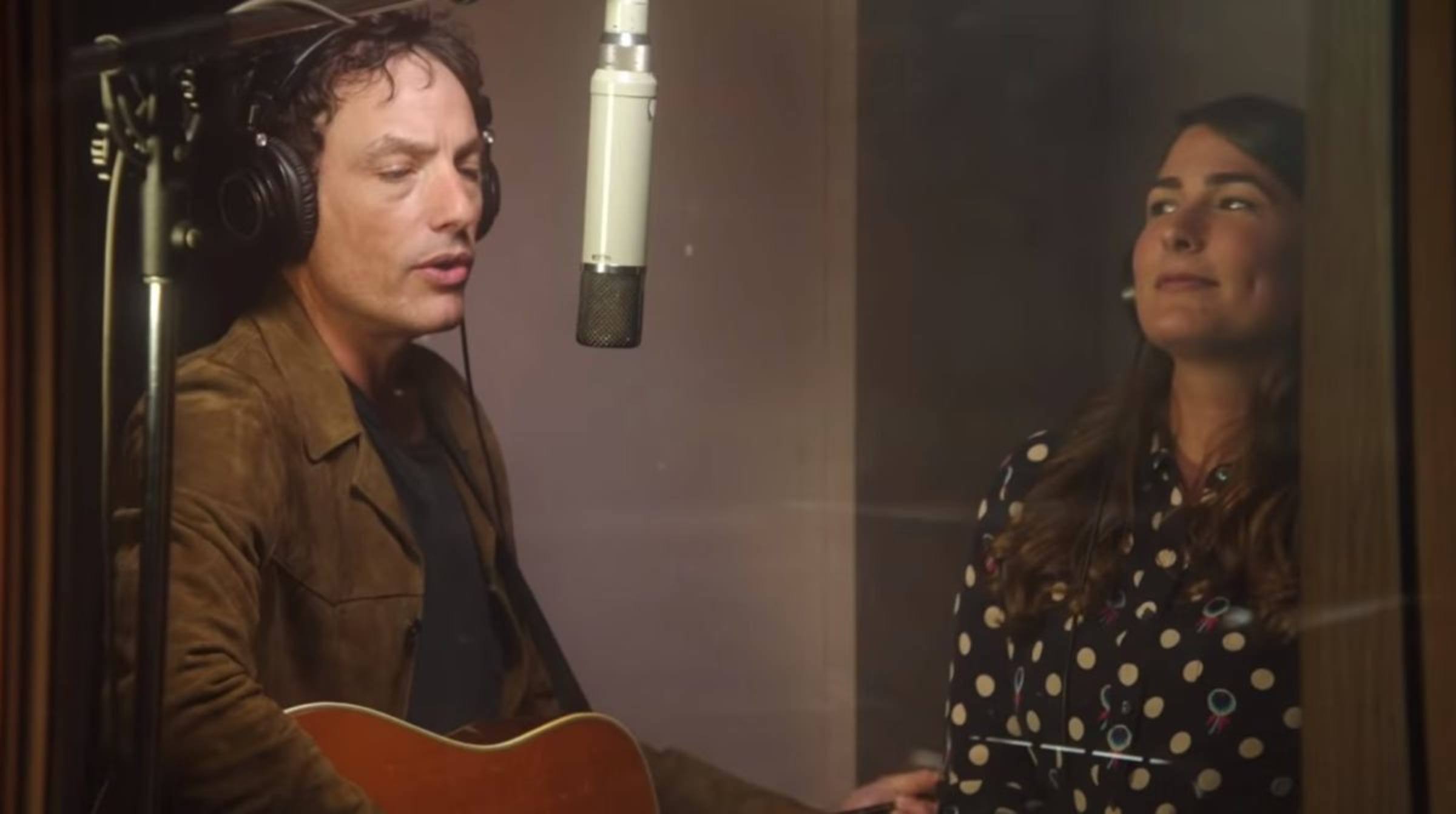


 Amazing Grace LLC
Amazing Grace LLC 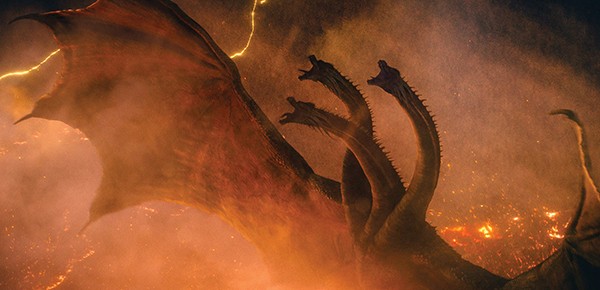
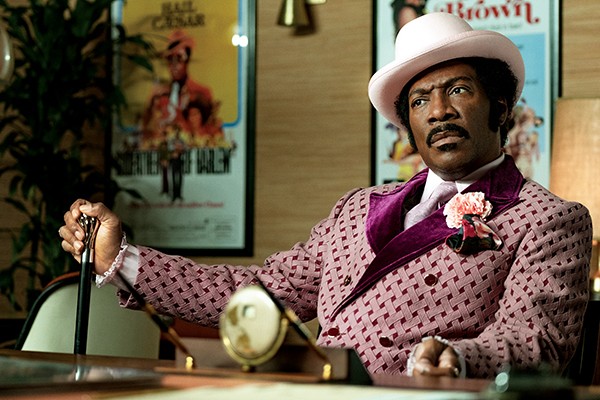
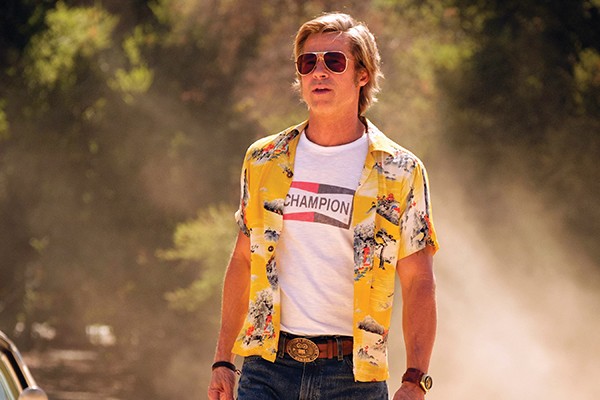

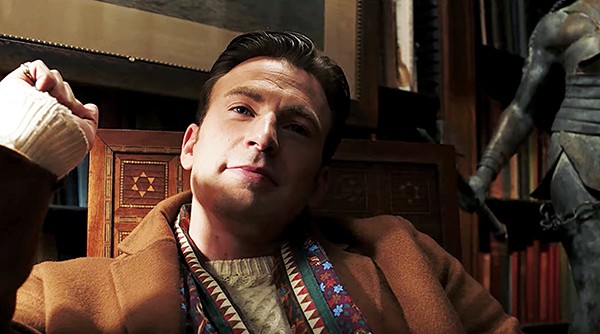

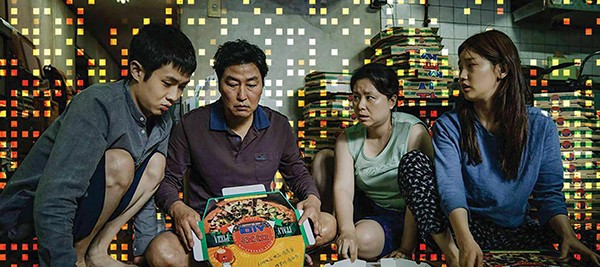
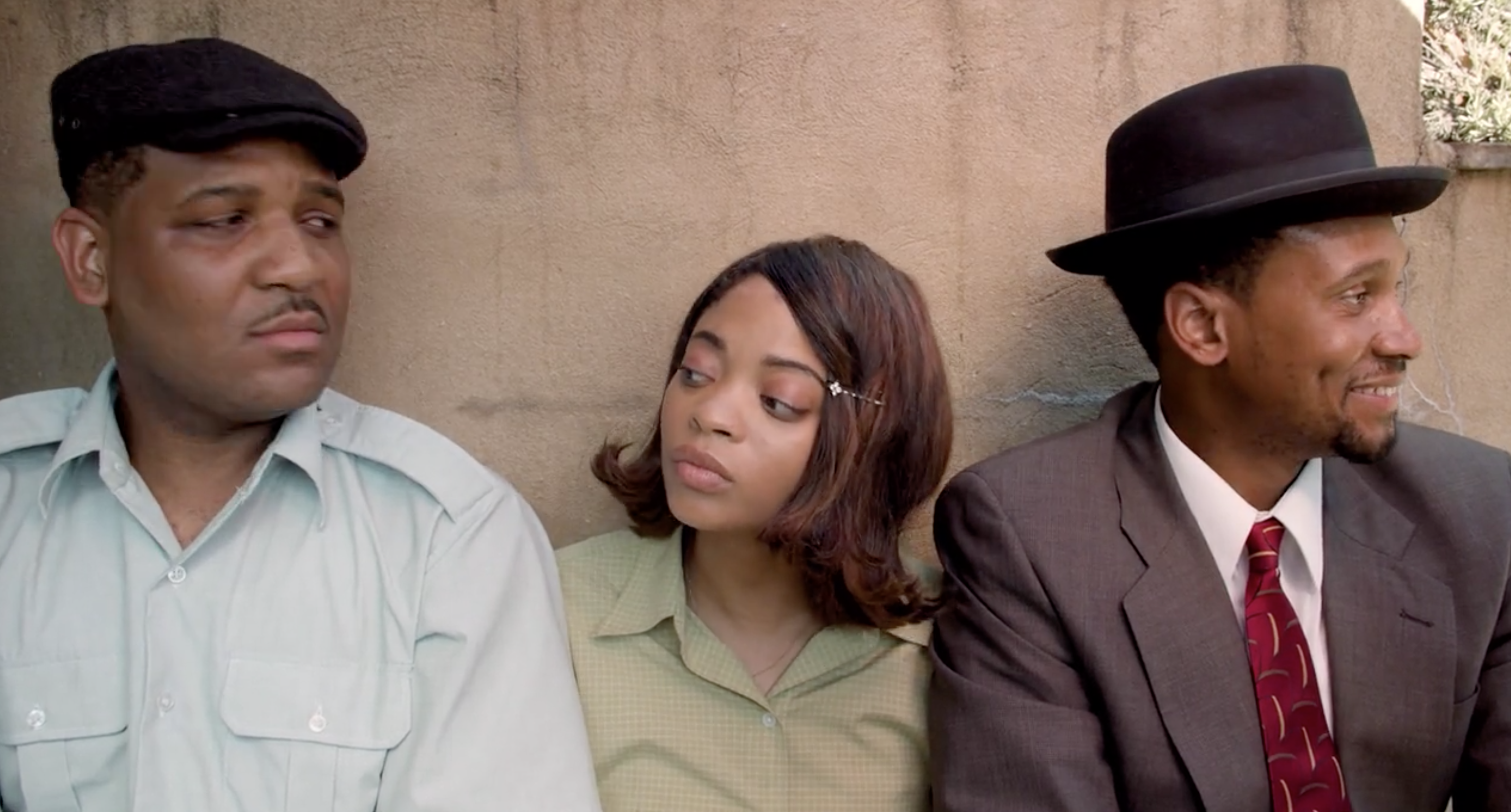
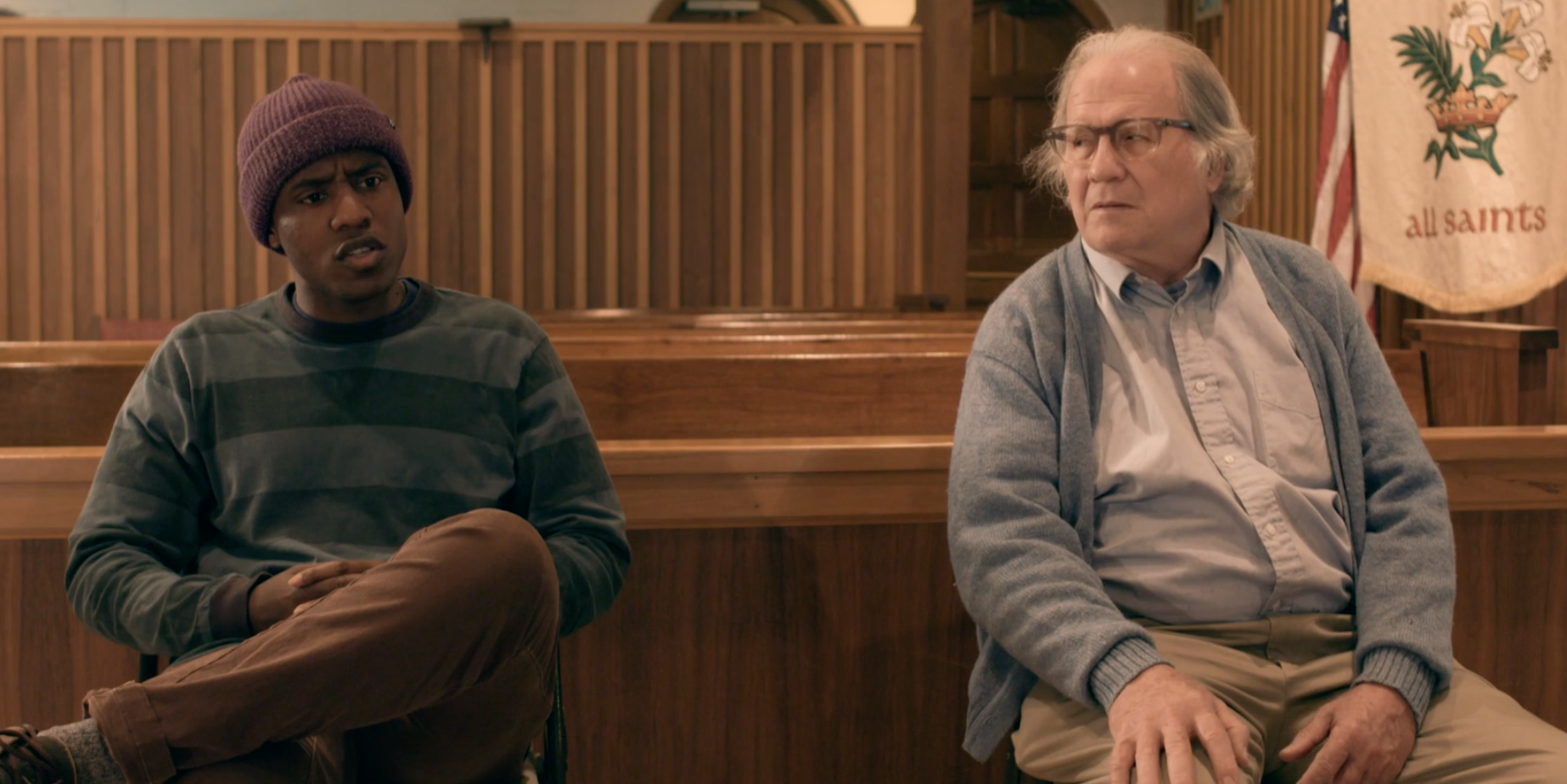
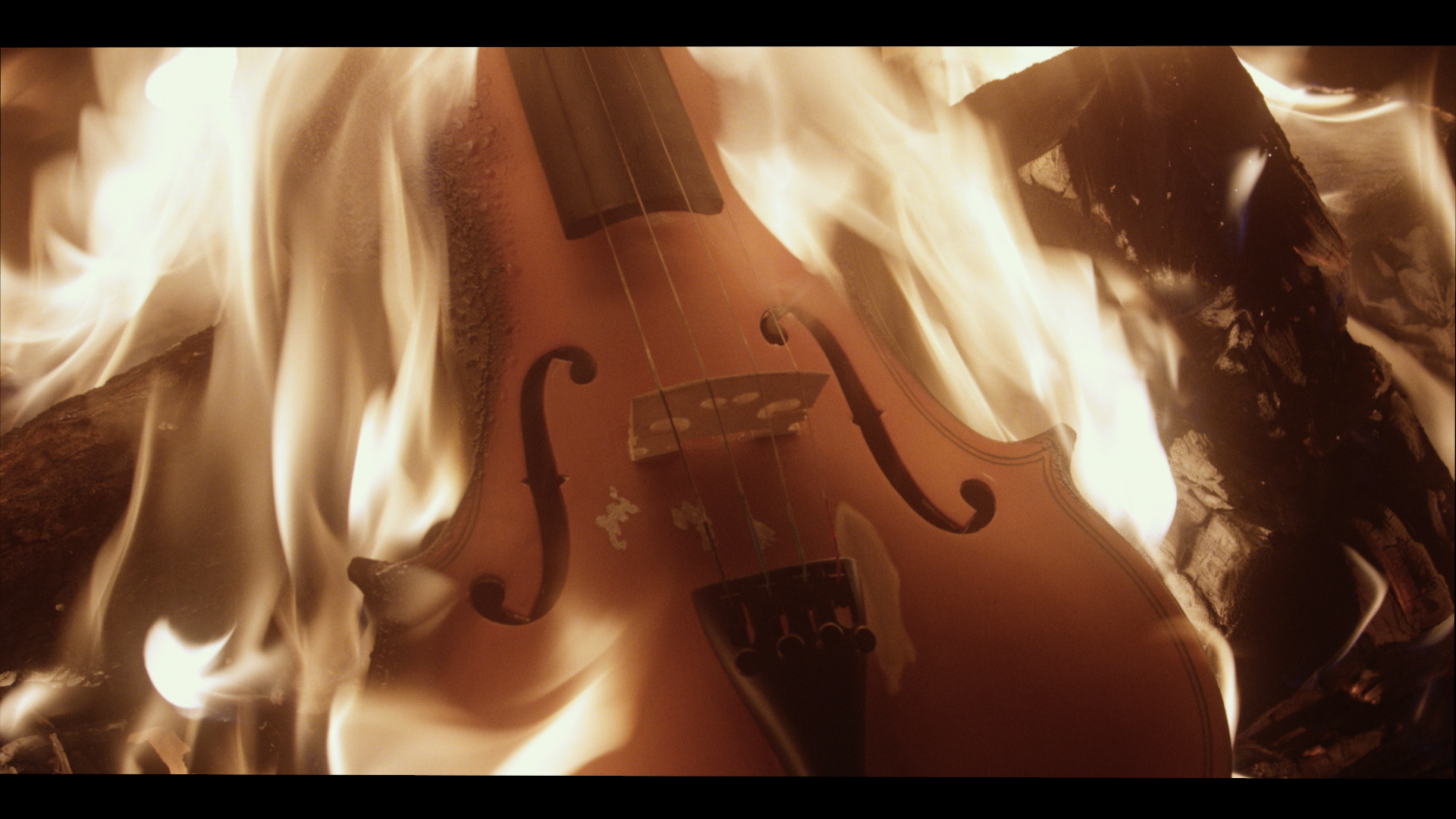
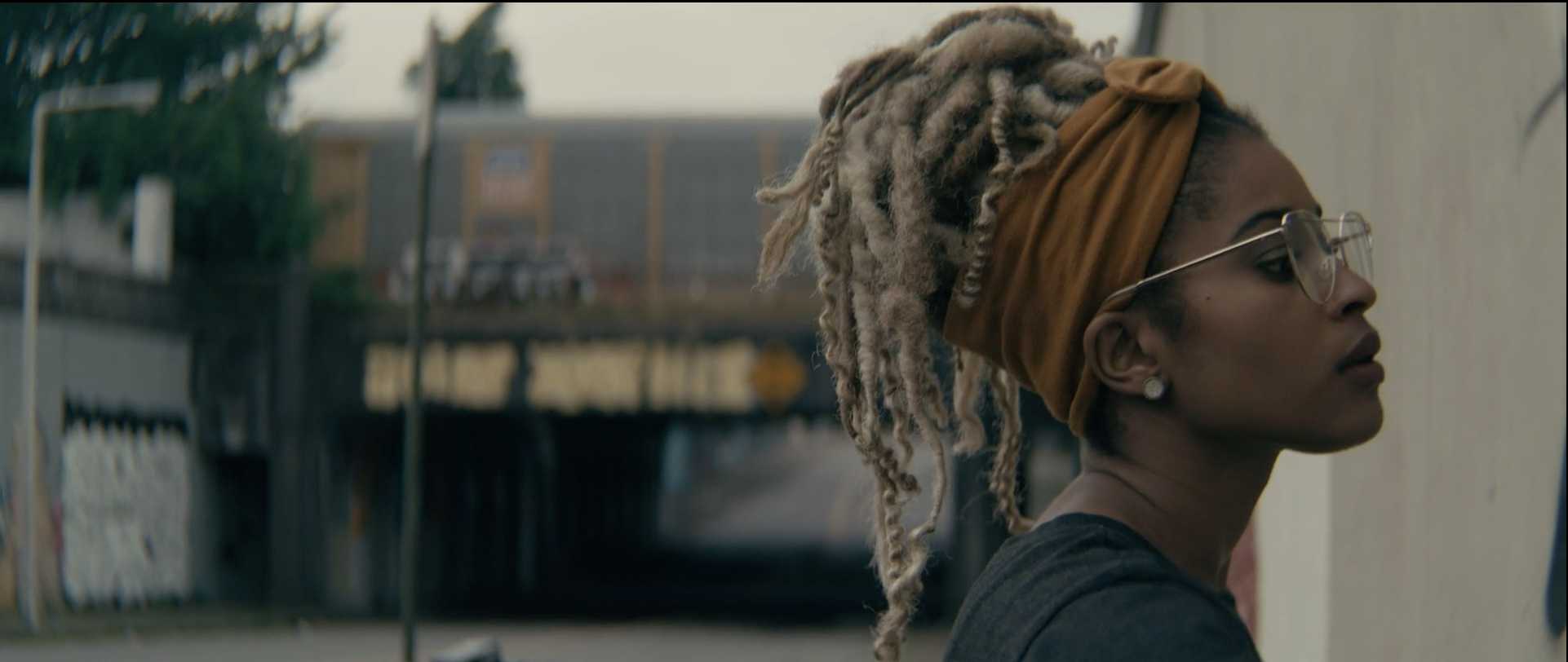
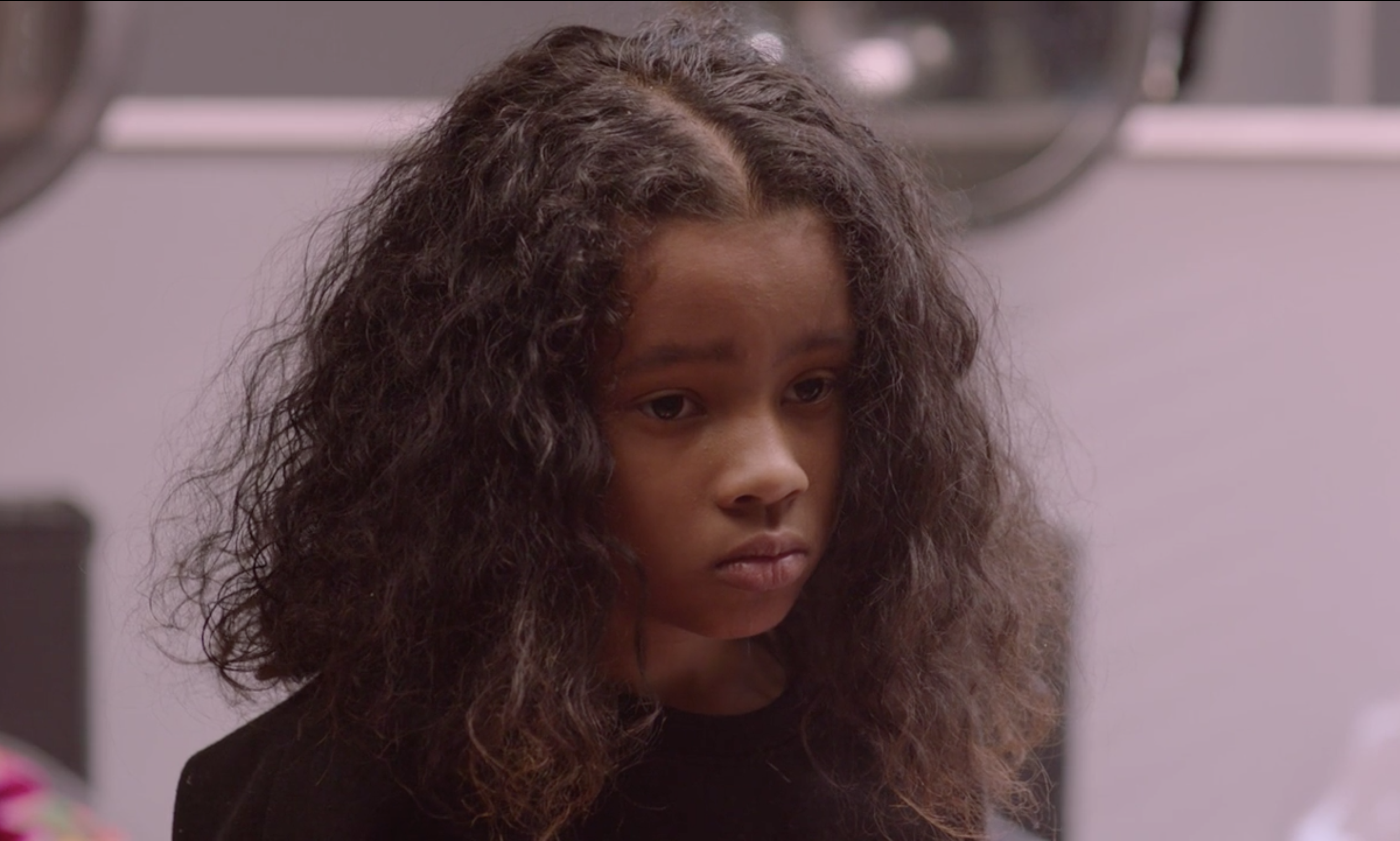
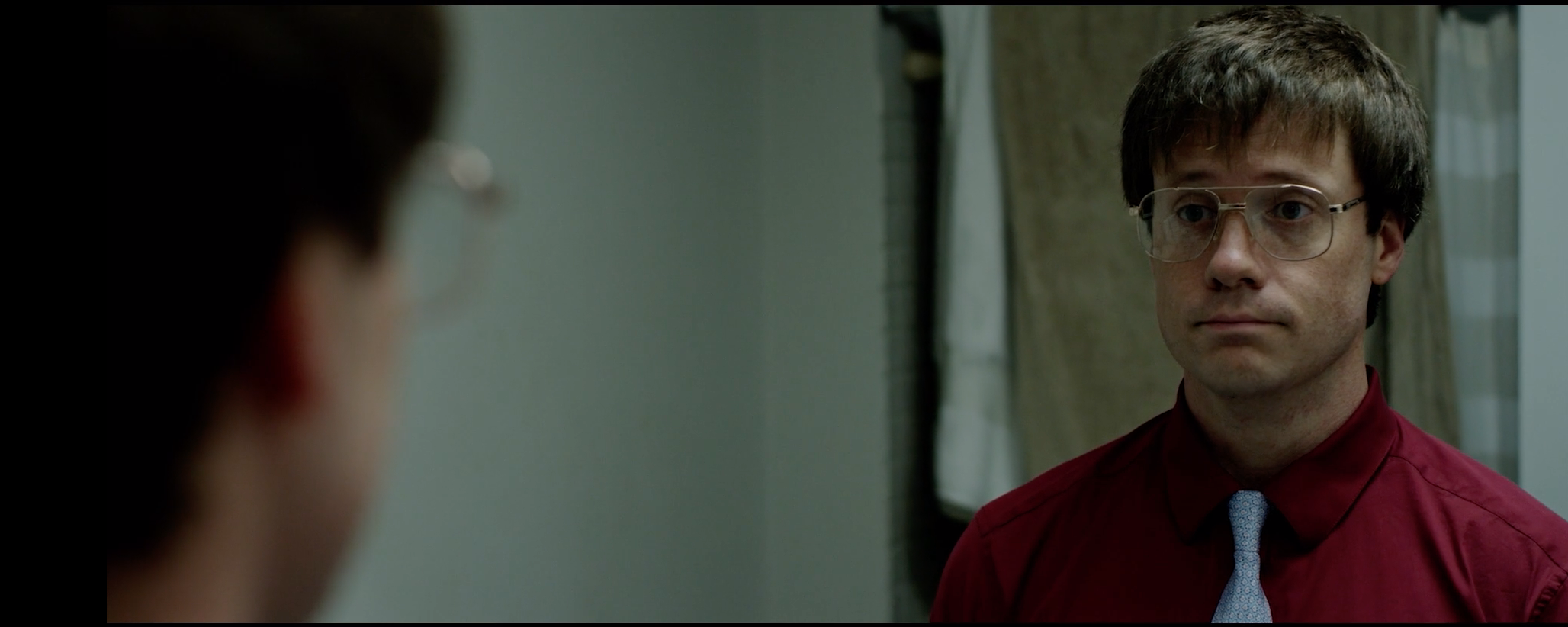
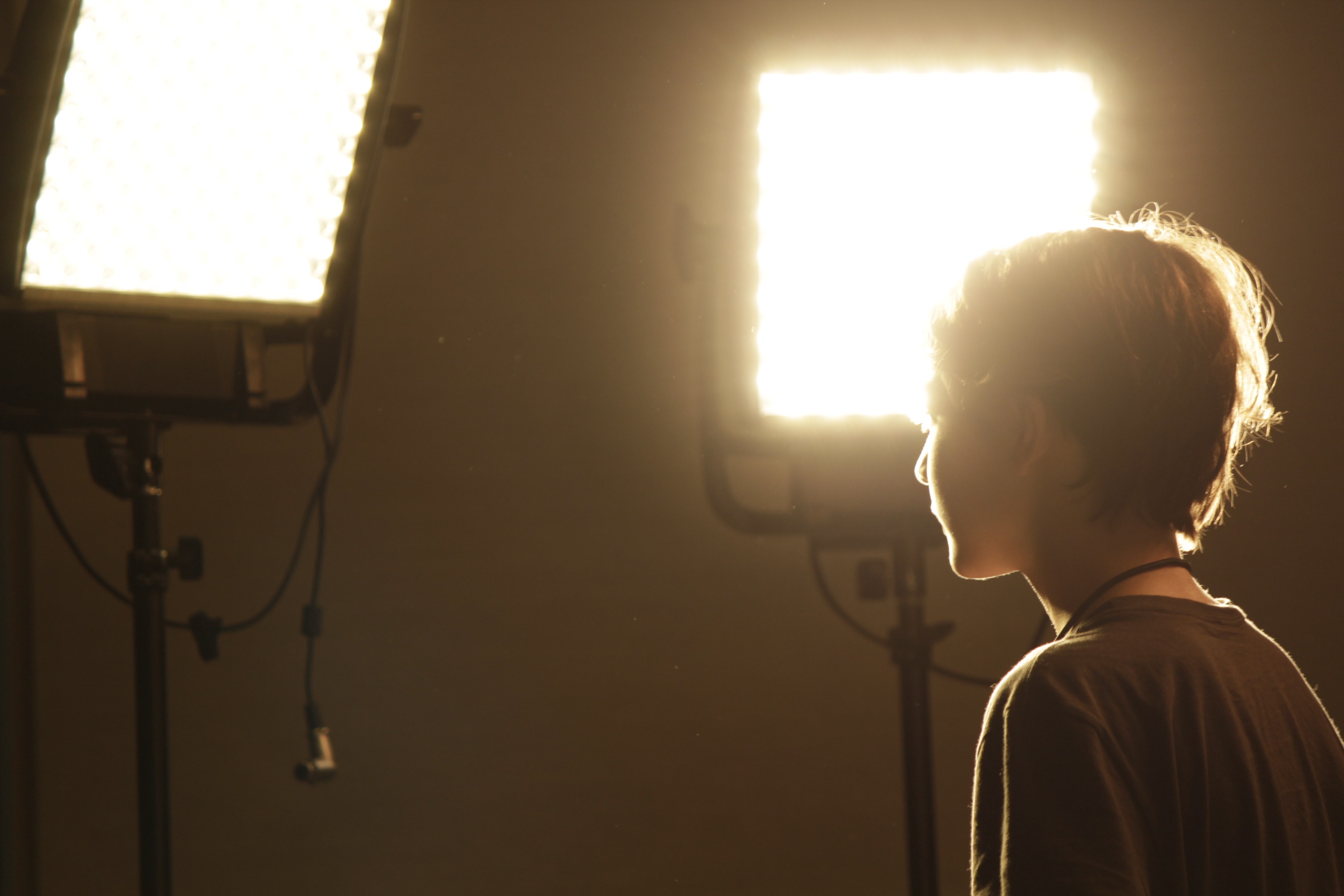 Courtesy Indie Memphis
Courtesy Indie Memphis  Courtesy NBCUniversal
Courtesy NBCUniversal 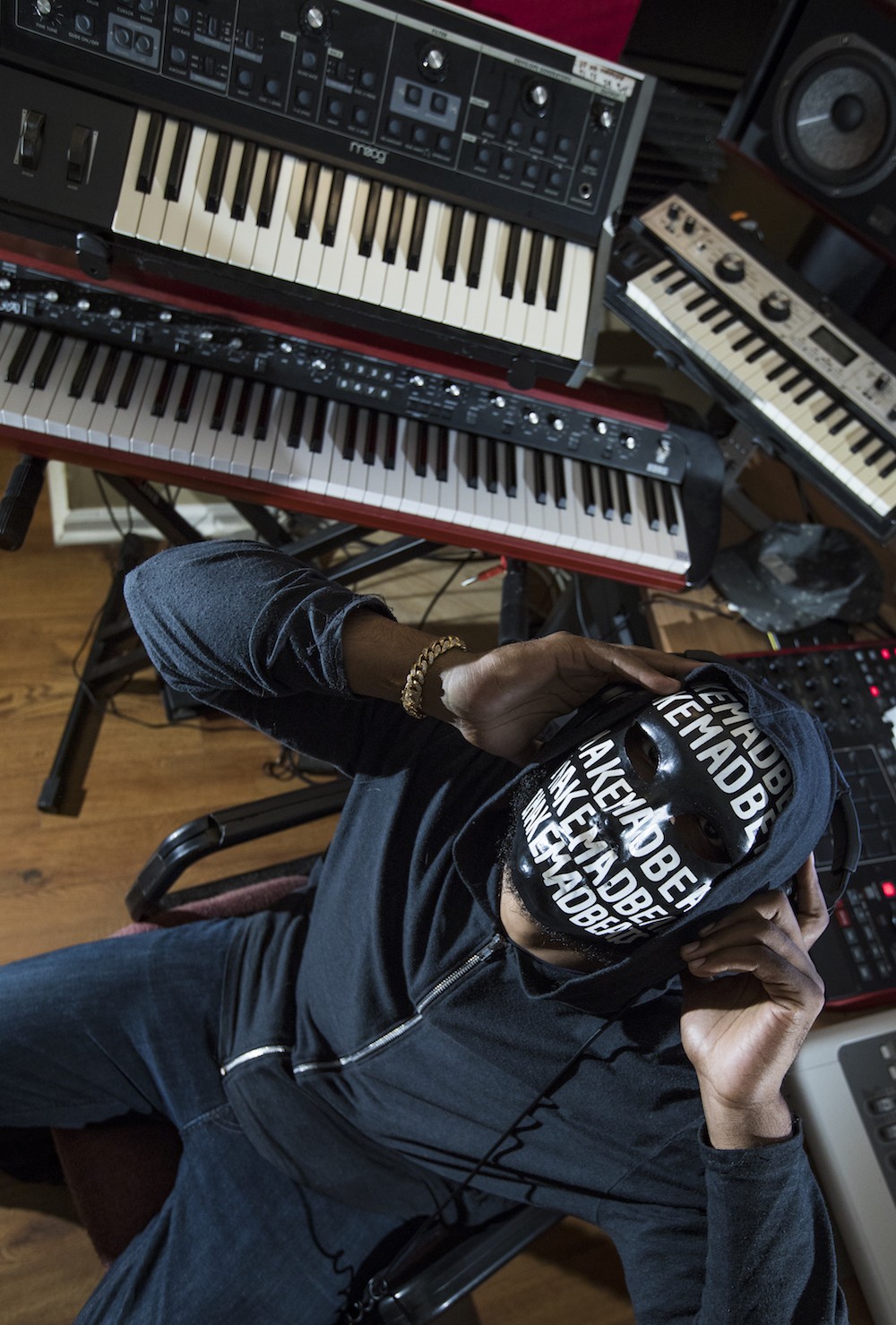 Justin Fox Burks
Justin Fox Burks 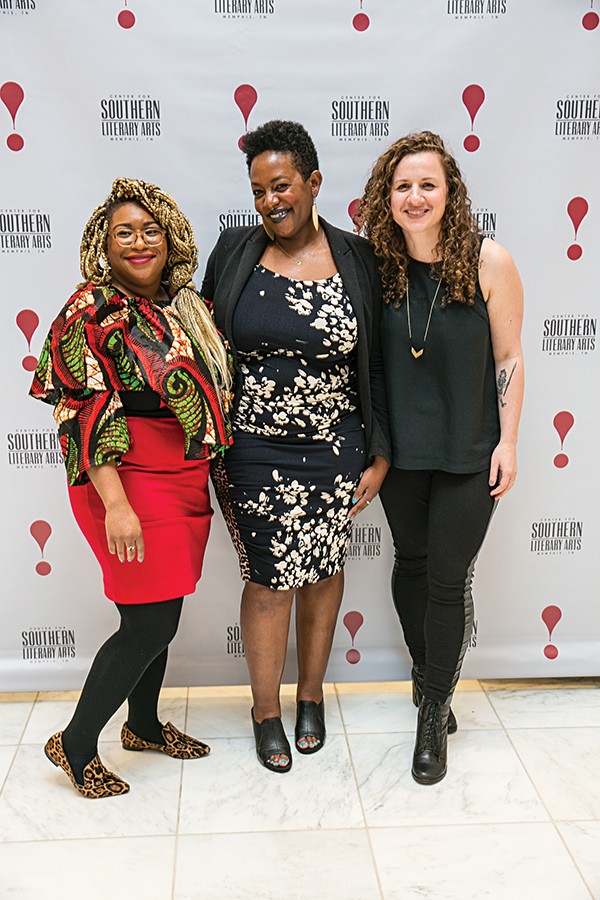 DBW Photography
DBW Photography